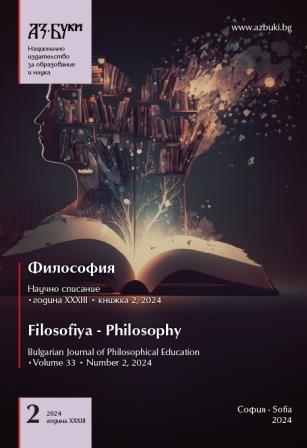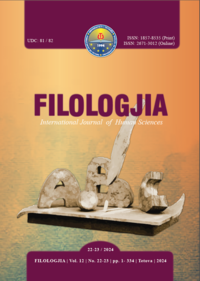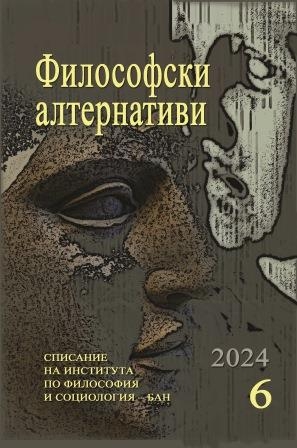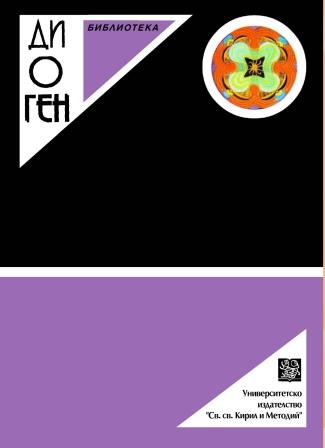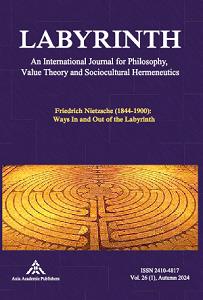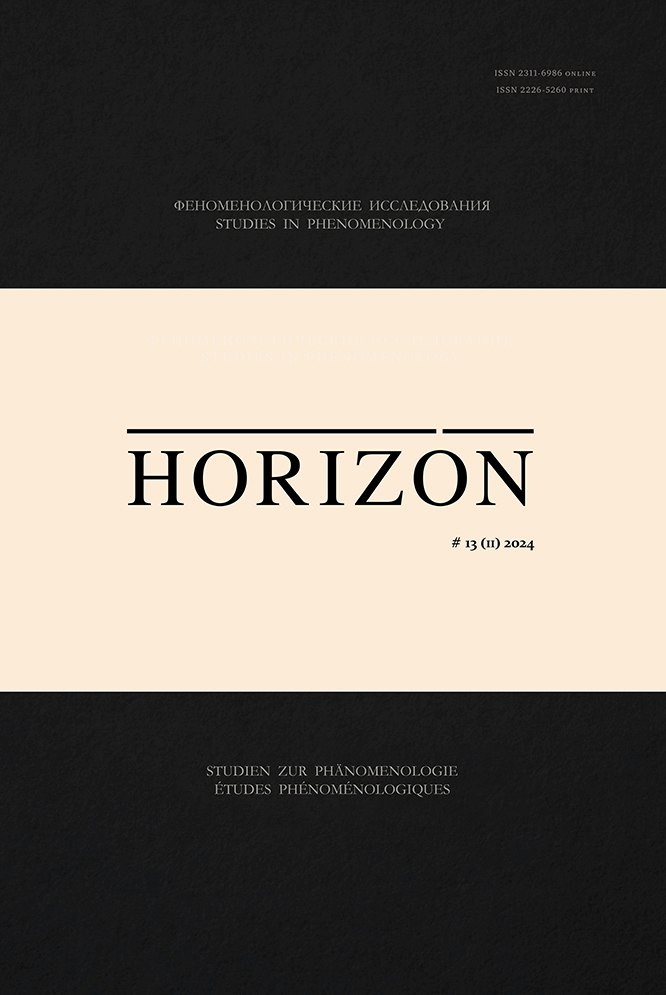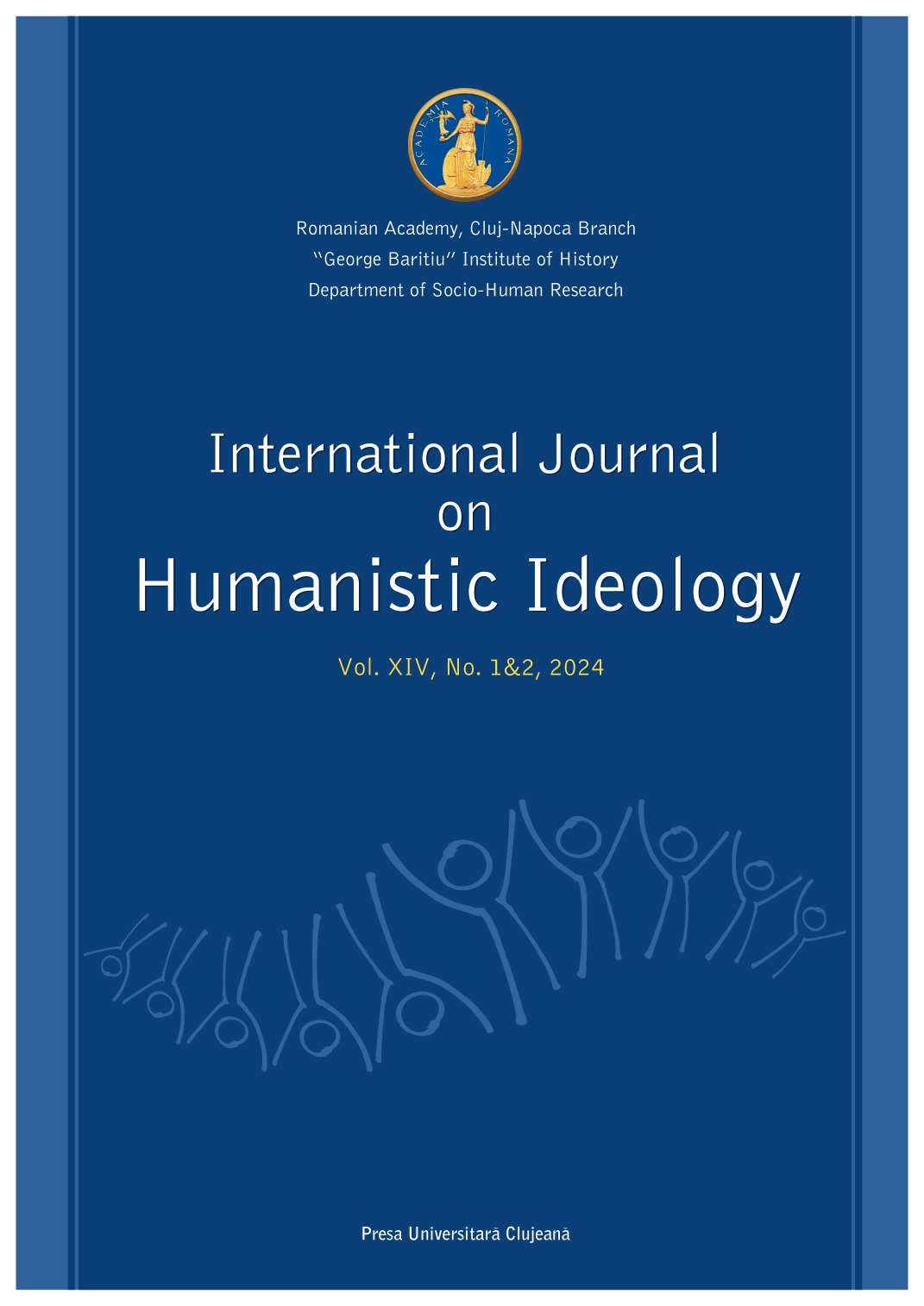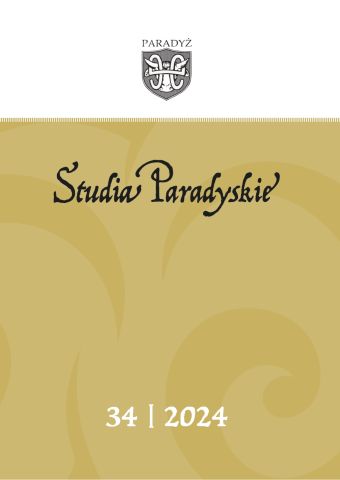Author(s): Viacheslav Voitsekhovich / Language(s): English
Issue: 2/2024
The main approaches to understanding culture are Western and Eastern. The Eastern approach is substantiated, according to which the essence of culture is the “Cult of Light”, i.e. following everything positive leading to the preservation and development of homo sapiens, to the spiritual improvement of man and society. I. Kant and a number of thinkers of the XVIII century introduced a system of ideals and values of culture. It consists of “Truth, Goodness, Beauty.” The author expands the system with the ideals of “Love, Faith in the Highest.” The system of negative values, or “anti-culture”, is “lies, evil, ugly, hatred, faith in Satan.” Explicitly orimplicitly, it is followed by that part of society that leads to the degradation and self-destruction of both the individual and our biovid /bio species/ as a whole. The concepts of “field of human activity” or “cultural space” in the broad Western sense, divided into positive and negative sides, are introduced. In it, a person who is at the point of bifurcation, a state of free choice of life path, tends as a result either to “Light”, to a positive value system, or to “darkness”, a negative value system. A large part of society strives for “Light” and struggles with the part of society that has chosen “darkness”. Consciousness is studied as the basis and source of cultural activity. The thesis about the impossibility of a logical definition of consciousness based on consciousness is substantiated. A more general concept of “superconsciousness” is needed – a genus in relation to consciousness as a species. So did G. Leibniz, G. Fichte, G. Hegel, V.S. Solovyov, and other great thinkers. The consequence of this approach is the hypothesis about the possibility of other types of consciousness and culture that differ from human ones but are at the same level of reason. Cultural studies are studied as a teaching close to the level of world view and as a humanitarian science.
More...
